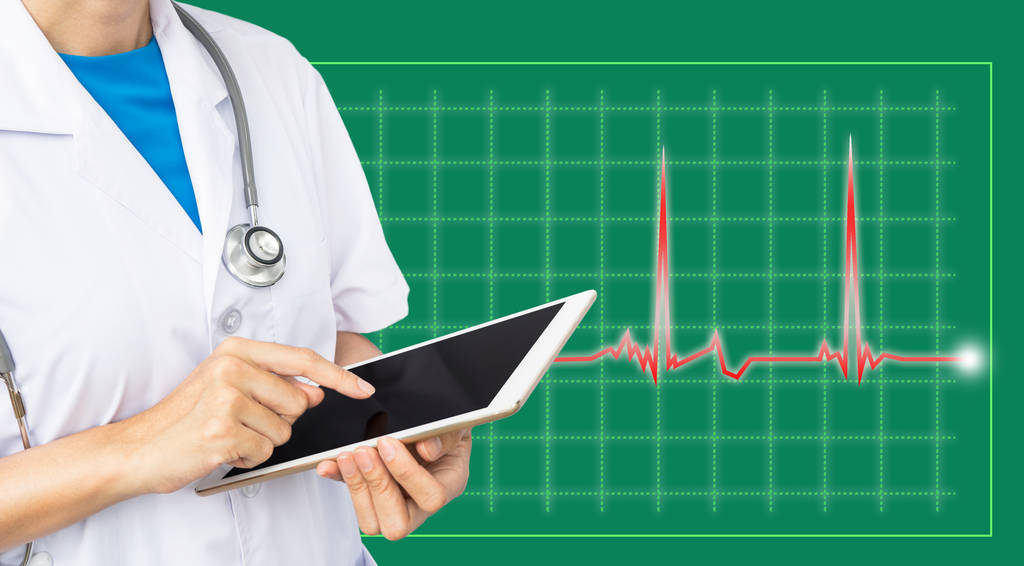Mobile Integrated Healthcare (MIH) has emerged as a transformative approach to healthcare delivery, bringing comprehensive and personalized care directly to patients’ homes or community settings. This innovative model combines technology, collaboration among healthcare providers, and community partnerships to enhance access to healthcare, improve patient outcomes, and reduce healthcare costs.

In this article, we will explore the concept of Mobile Integrated Healthcare, its key components, benefits, and its potential to reshape the future of healthcare.
Mobile Integrated Healthcare is a patient-centric approach that focuses on delivering proactive, coordinated, and individualized care outside traditional healthcare settings. It involves a multidisciplinary team of healthcare professionals, including paramedics, nurses, social workers, and other specialists, who provide comprehensive services to individuals in their homes or community settings. MIH aims to address the healthcare needs of vulnerable populations, individuals with chronic diseases, and those with limited access to traditional healthcare facilities.
Key Components of Mobile Integrated Healthcare:
- In-Home Care: The primary focus of MIH is to provide healthcare services directly in patients’ homes. This approach eliminates barriers such as transportation, mobility issues, or distance, ensuring that individuals receive timely and personalized care in the comfort of their own environment.
- Preventive Care and Chronic Disease Management: MIH emphasizes proactive care and chronic disease management. Healthcare professionals engage in regular health assessments, screenings, and education to promote preventive measures and help individuals better manage chronic conditions. By addressing health concerns at an early stage, MIH aims to prevent complications and reduce hospitalizations.
- Collaborative and Coordinated Care: MIH teams consist of various healthcare professionals who collaborate closely with primary care providers, specialists, and community resources. They work together to ensure seamless care transitions, provide appropriate referrals, and coordinate services effectively. This multidisciplinary approach ensures holistic and comprehensive healthcare for patients.
- Technology Integration: Mobile Integrated Healthcare leverages technology to enhance care delivery. It may include electronic health records, telehealth platforms, remote monitoring devices, and mobile applications that facilitate communication, data sharing, and remote consultations. These technologies enable healthcare providers to monitor patient’s conditions, provide virtual consultations, and ensure timely interventions.
Benefits of Mobile Integrated Healthcare:
- Improved Access to Healthcare: MIH eliminates barriers to access by reaching individuals in their homes or community settings. This approach is particularly beneficial for elderly patients, individuals with limited mobility, those living in rural areas, and underserved populations. Mobile healthcare services ensure that individuals receive care regardless of their geographic location or transportation challenges.
- Enhanced Patient Outcomes: By delivering proactive and personalized care, Mobile Integrated Healthcare aims to improve patient outcomes. Regular health assessments, chronic disease management, and preventive measures contribute to early detection, better disease control, and overall improved health status. This leads to reduced hospitalizations, better quality of life, and increased patient satisfaction.
- Cost Savings: Mobile Integrated Healthcare has the potential to reduce healthcare costs by preventing unnecessary emergency department visits, hospital admissions, and readmissions. By addressing health issues in a proactive and timely manner, MIH helps to avoid costly interventions and promotes efficient resource utilization.
- Patient Empowerment and Engagement: MIH empowers patients to actively participate in their healthcare journey. With regular home visits, patient education, and self-management support, individuals gain a better understanding of their health conditions, develop healthier habits, and feel more engaged in their care. This patient-centered approach fosters a stronger sense of empowerment and improves health-related decision-making.

Mobile Integrated Healthcare is revolutionizing healthcare delivery by bringing comprehensive and proactive care directly to patients’ homes or community settings. By emphasizing preventive care, chronic disease management, collaboration among healthcare providers, and technology integration.
Learn more at Wiki as well.
